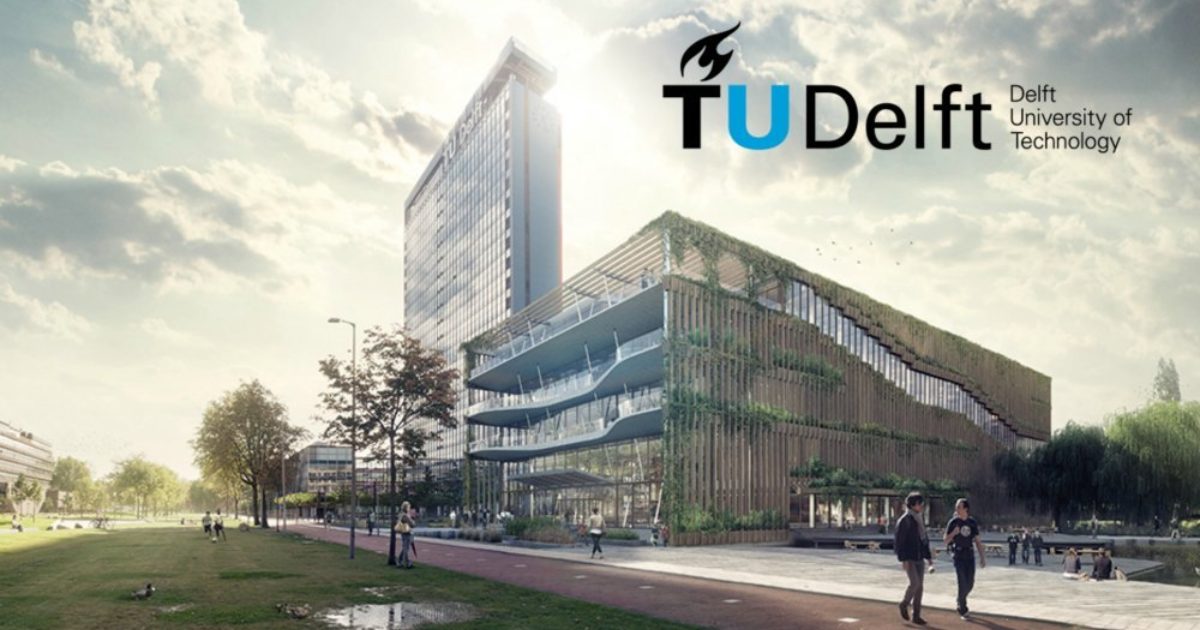TU Delft: Queen Máxima and European Commissioner Mariya Gabriel visit Delft researchers and innovations
During an elaborate tour on the campus, Her Majesty Queen Máxima and the European Commissioner for Innovation, Research, Culture, Education and Youth, Mariya Gabriel today were introduced to several scientists and innovations from TU Delft. During the talks, the focus was on improving the journey of scientific innovations before they can be used in society.
Synthetic cell
The visit started at the Faculty of Applied Sciences, where professor Marileen Dogterom gave the group a guided tour through the labs of the Bionanoscience department. Scientists of the European Synthetic Cell Initiative spoke about their research into the smallest building blocks of cells. They are trying to find out exactly how these building blocks work, with the ambition of being able to make the first working synthetic cell.
Living lab
Next, led by director Marjan Kreijns, the group made a walk through The Green Village, a living lab on the TU Delft campus. In this living lab, innovations for making the built environment more sustainable are tested. The houses within the village are actually inhabited, so that new energy transition and climate adaptation technologies can immediately be adjusted to the needs of residents.
Innovation ecosystem
This was followed by a round-table discussion about science and innovation. Innovation at TU Delft is realized within the innovation ecosystem around the university, consisting of businesses, research institutions and field labs. Delft entrepreneurs shared their experiences of entrepreneurship; Delft scientists talked about the relationship between their research and its path to society. Rector Magnificus Tim van der Hagen concludes: “Great to see that examples from Delft practice can in this way contribute to increase the impact of science at the European level.”
Quantum computer
The visit ended with a tour of QuTech, led by Professor Lieven Vandersypen. QuTech is the Delft research institute where scientists are working on developing scalable prototypes of a quantum computer and a secure quantum internet. These promising techniques have major implications for the digital society of the future. In the lab, the group spoke with scientists, and also with the founders of Delft-based start-ups that are already working with the latest quantum techniques.

